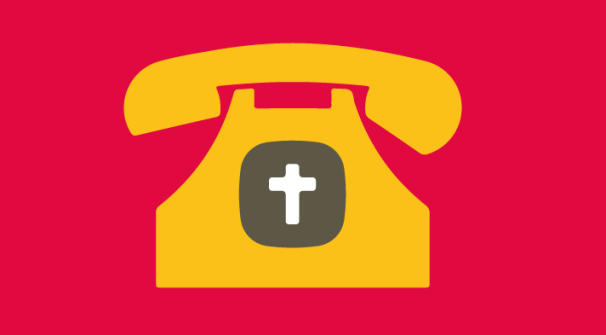Why does legacy income matter?
Legacies are an increasingly important source of funding for UK churches and charities. Smee & Ford’s Legacy Trends 2019 revealed that UK charities had received over £3 billion of legacy income in the previous year, with places of worship being the most popular cause for a sole bequest.
Potential donors may have much of their wealth tied up in their home or business, so leaving a legacy gift under their will offers the best opportunity to make a substantial gift to a cause they care about.
How can a donor leave a legacy?
In order to leave a gift to charity, a donor will need to make or update their will. The formalities for making a valid will are strict, and so it is usually best to use a solicitor or will-writing service.
The charitable gift might be a specific amount of money (perhaps indexed for inflation), a percentage of the donor’s estate, or the residue remaining after payment of any legacies to individuals.
Charity will schemes enable a donor to have a simple will drawn up free of charge by a local solicitor. In return, the donor will be asked to consider making a donation to one of the charities which supports the campaign. Schemes include Free Wills Month, Will Aid and Will Relief Scotland.
What about inheritance tax?
Charitable legacies are free of inheritance tax. In addition, if the donor leaves at least 10% of their estate to charity, the rest of their estate will benefit from a reduced inheritance tax rate of 36% rather than 40%.
How we can help
Stewardship can make it easy for a donor to remember charities in their will. The will can include just one gift to Stewardship, rather than separate gifts to different charities. The donor can then complete an Expression of Wishes form to let us know about the legacy and tell us how they would like it to be used.
In their Expression of Wishes, the donor can:
- Ask us to distribute legacy gifts to their favourite causes (immediately or over a period of time)
- Appoint a friend or family member as their successor to request donations from their legacy or
- Entrust their legacy to Stewardship to distribute at our discretion.
A donor can make changes to their Expression of Wishes at any time without the hassle and cost of amending their will. It also offers discretion: a will becomes a public document after the donor’s death, whereas an Expression of Wishes remains private and could even request that any donations from the legacy are made anonymously.
Our legacy briefing paper
Our briefing paper covers all the considerations involved - Biblical, ethical, legal and tax - and takes you through the process and the advantages of leaving a legacy to Stewardship.
Impact
Quarterly email for philanthropists. News, inspiration and guidance to support you on your giving journey.












